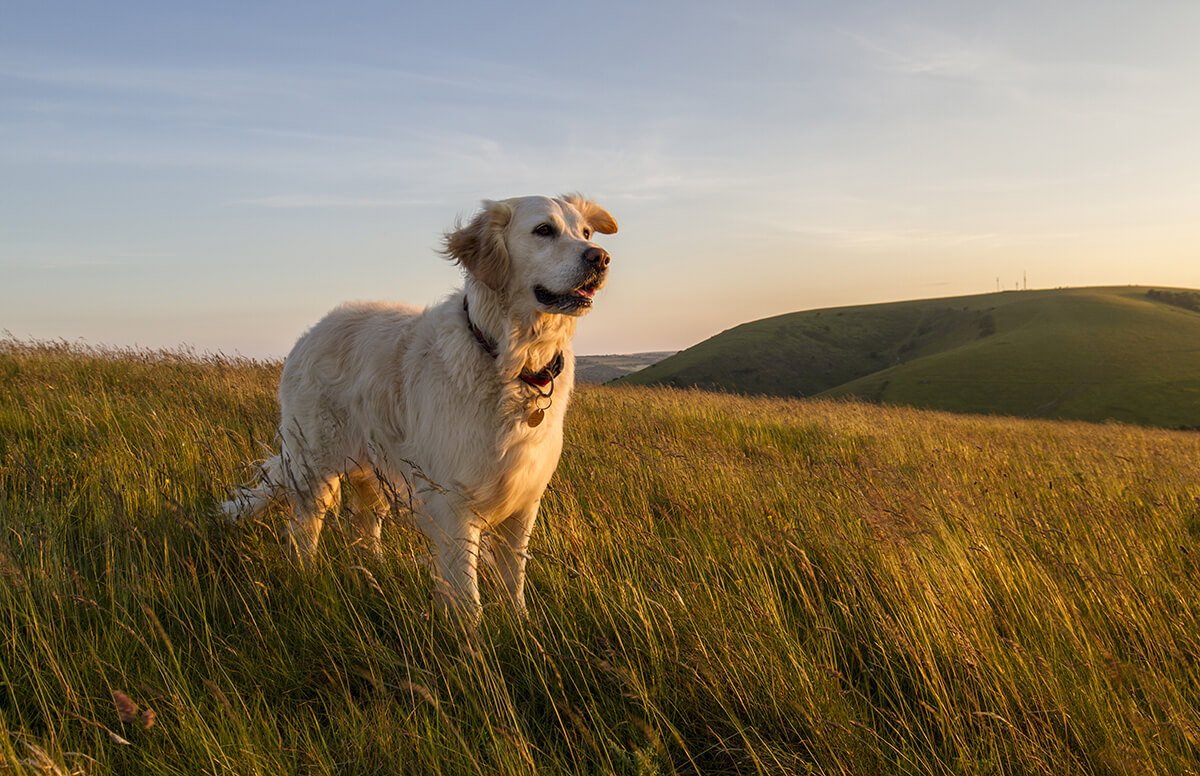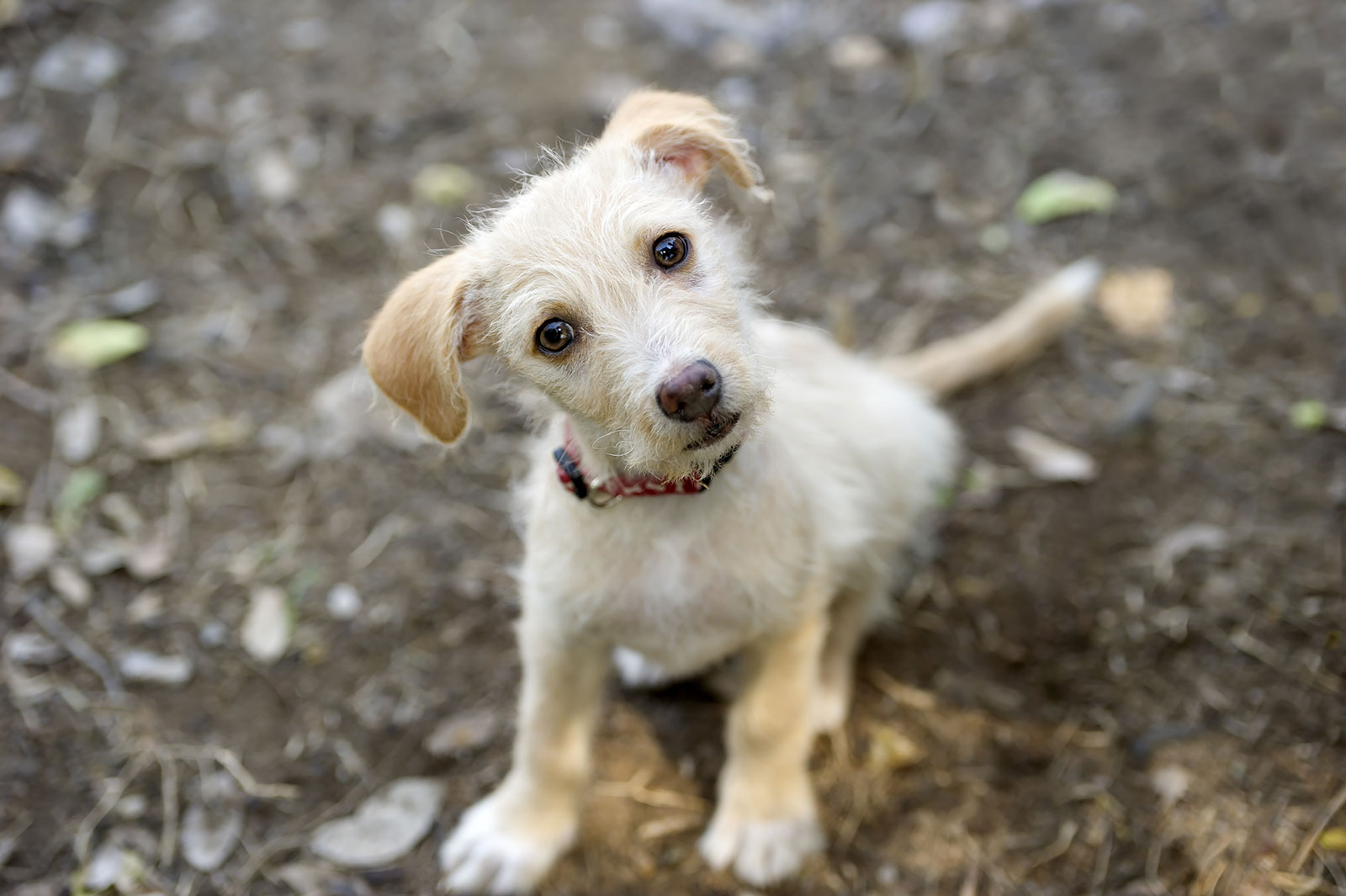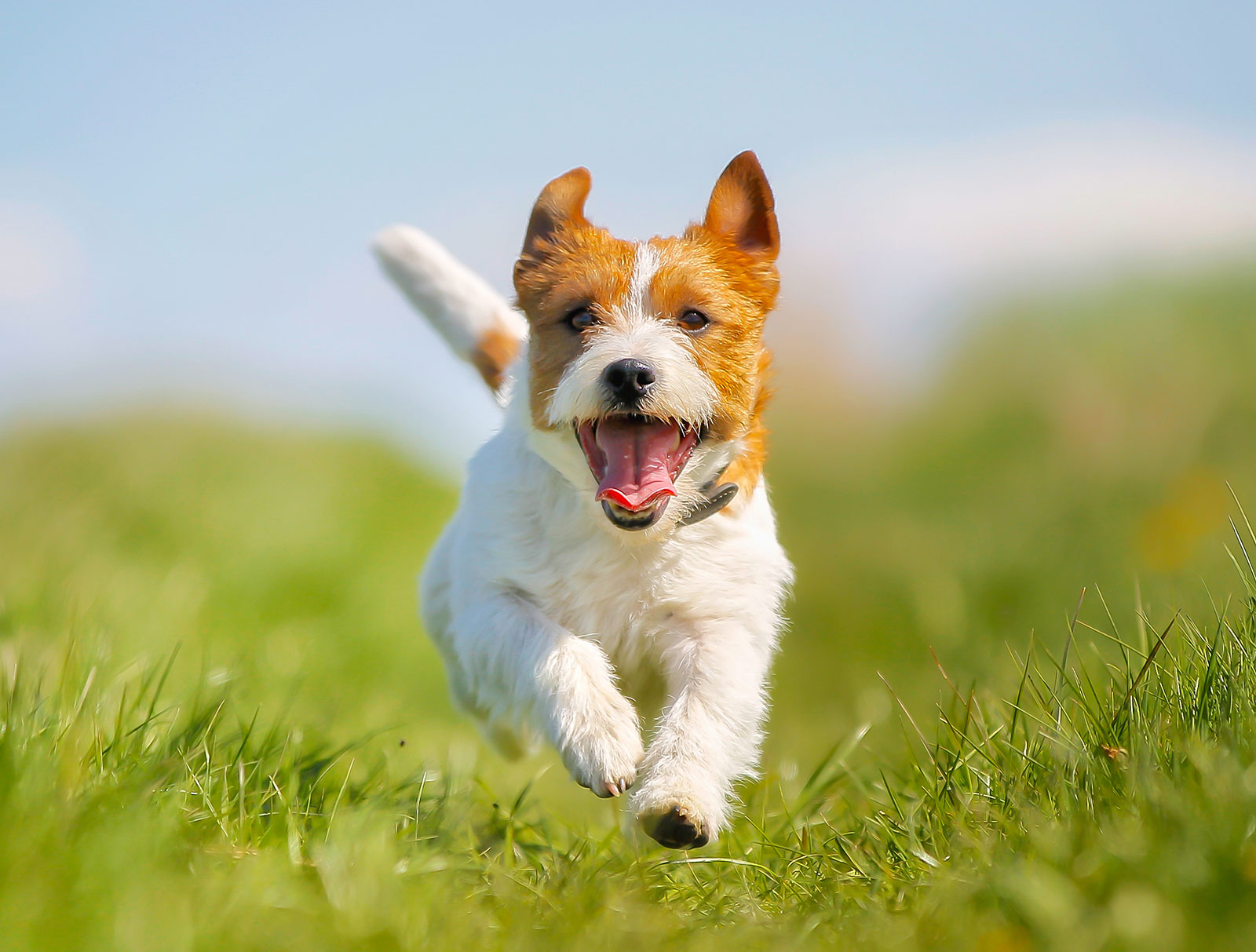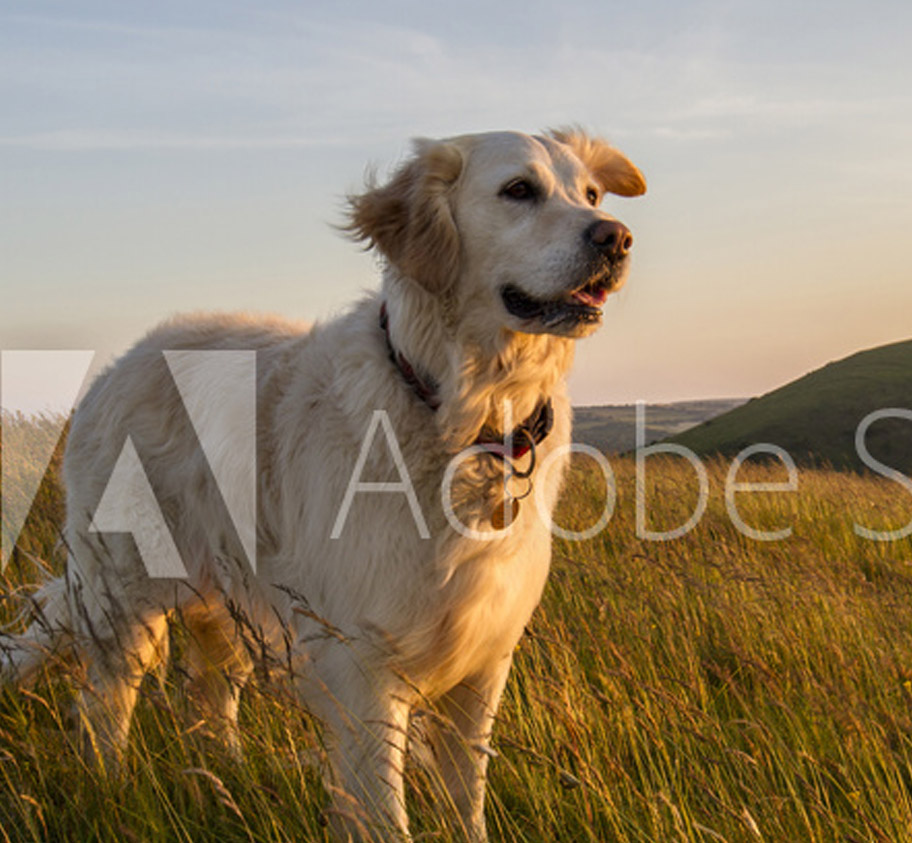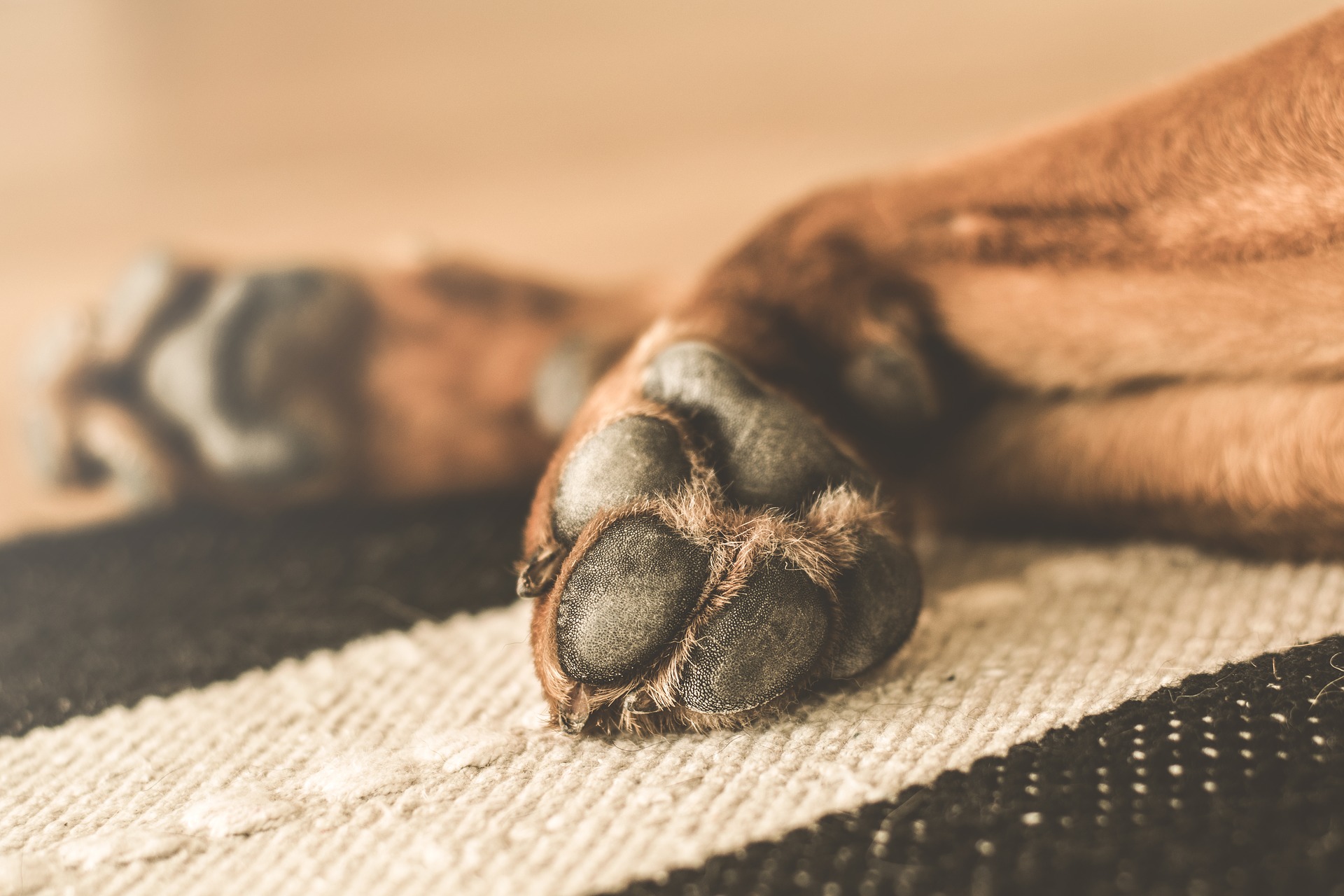
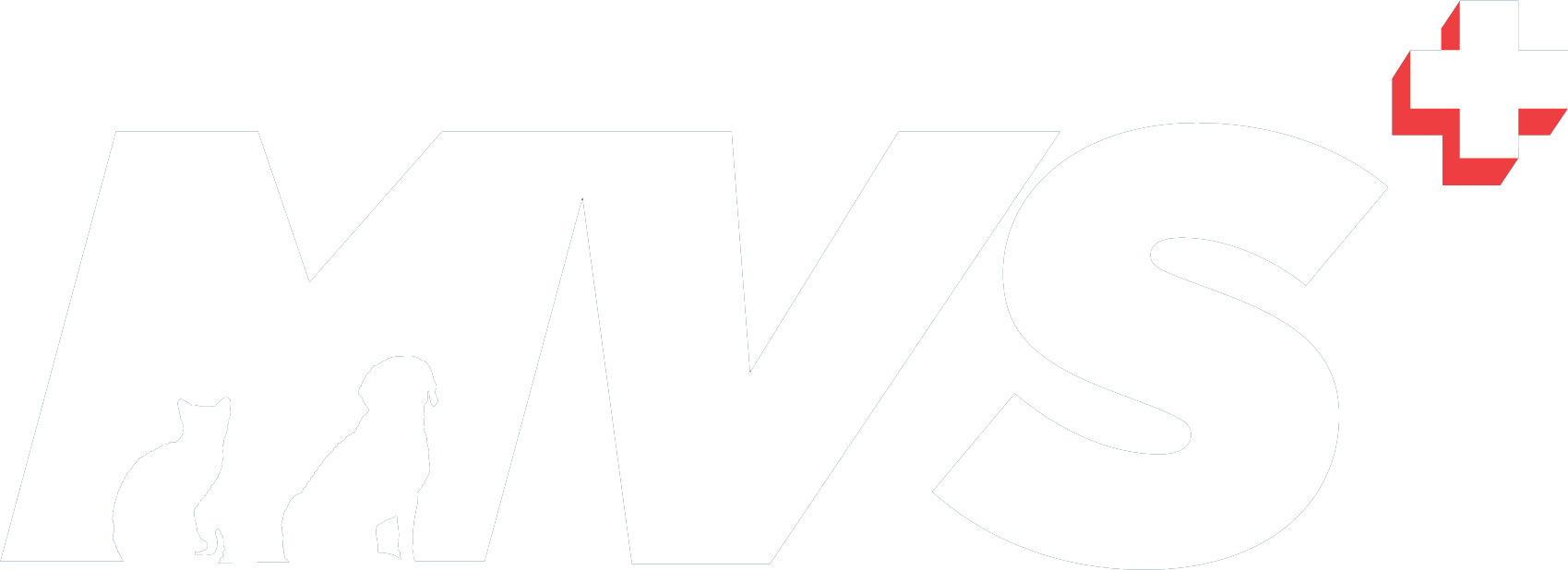 Menu
Menu
Centrodistal Joint disease
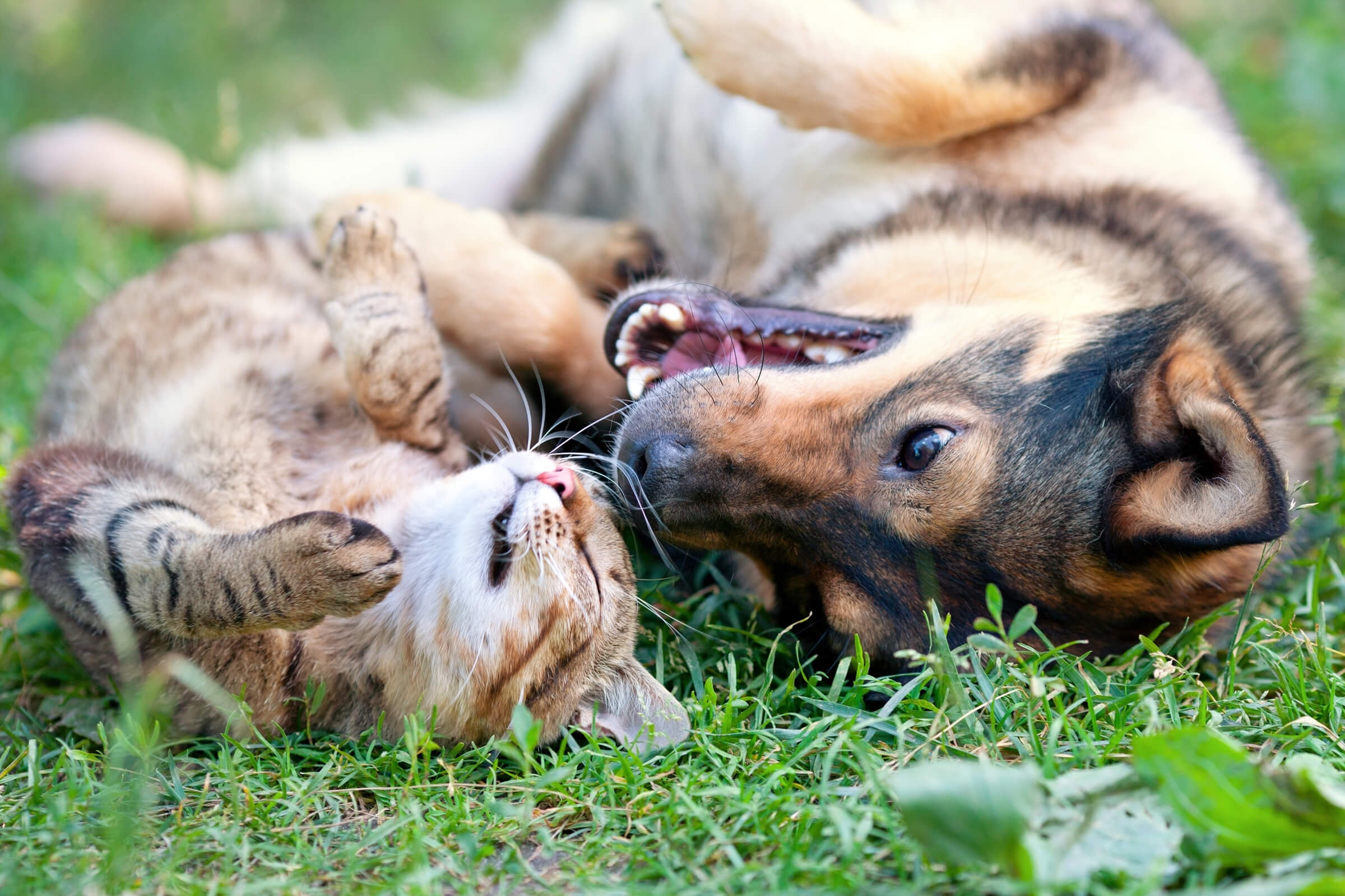
What is Centrodistal Joint disease?
The tarsus is similar to the human ankle. It is a complex structure consisting of four main joints and made up of a number of small bones. The intertarsal joints are the central two joints. The joint between the central tarsal bone and the numbered tarsal bones is called the centrodistal joint. This joint can become diseased and develop osteoarthritis.
Cause
The cause of this condition is unknown but instability is suspected. This disease is most commonly seen in active breeds such as greyhounds and collies but can also be seen in terriers.
Signs
Lameness of the hindlimb, is the first sign of the condition. Pain is detected with specific manipulations of the hock joint.
Diagnosis
The diagnosis of this condition can be challenging. After carrying out a detailed orthopaedic examination on your pet, an experienced orthopaedic surgeon may be able to identify discomfort of the joint. Radiographs are taken to assess for new bone formation in this area and to exclude other causes of hock pain.
Treatment
Conservative or non-surgical care
Conservative or non-surgical care can prove effective in some cases. The mainstay of this treatment is body weight control, exercise control and standardisation, physical therapy, anti-inflammatory pain killers and dietary supplements. If conservative care fails, fusion (arthrodesis) of the joint may be considered. This can be performed in just the centrodistal joint but in severe cases partial tarsal arthrodesis may need to be considered.
Surgical
Partial tarsal arthrodesis
Partial tarsal arthrodesis involves fusion of the hock joints with minimal movement. The main, mobile joint of the hock, the tarsocrural joint is persevered. This is often achieved using a bone plate, screws and a pin or pins. Partial tarsal arthrodesis generally produces good clinical results.
Stay in touch
Follow us on social media and keep up to date with all the latest news from the MVS clinic.
